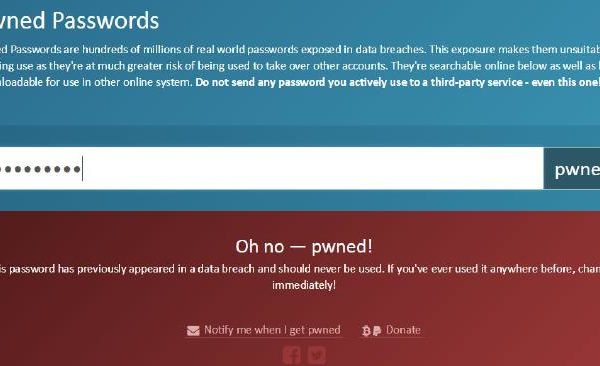Many IT experts have confessed working on applications which had loopholes or were vulnerable to outside threats. The software designed by them usually was not secure enough for the user to avoid any problems, and many were a cause of discomfort for the mobile app user. It is simple. You download a game or an app that you liked or had heard about from a play store or an online store of your mobile company, and you end up downloading a virus or a worm. How did that happen?
Well, many researchers and data analysis firms have found that security vulnerabilities are a common problem in mobile applications. Injecting a worm or virus is easy when a user is online 24/7 and has access to different unknown Wi-Fi or internet services. As mobile phones have also become an easy target for these hackers, security experts have started educating these app developers to pay more attention to security when designing software. After the app designer has developed a new version, he should make sure that it is tested for vulnerabilities and is secure. Monitoring how the app works in real time is essential. The app should be tested to avoid any problems later on.
Proper encryption of the data should be made a priority. Certain mobile apps have been found to leave their users vulnerable to attacks of hackers. It should be vital to properly encrypt files and data to protect it from an attacker. To be able to achieve this, a developer must think like an attacker.
Applications can be monitored and easily accessed by a hacker via your Bluetooth device or network. It is a common app that is widely used by mobile users, but it makes your phone vulnerable to outside threats.
It is essential to know that security measures have been taken by companies that are involved in app development to ensure data protection.
- Scan your applications: it is crucial to scan whatever apps are being installed or downloaded by a user.
- Use stronger passwords: the use of stronger passwords and codes helps a user keep his device safe from vulnerabilities.
- Report a missing device: if you lose your device or it gets stolen, immediately take action and report it. Use the IIE number to trace your device. Never share your personal information via SMS or email from your phone.
- Public Wi-Fi: usually networks that are easily accessible to people are easily accessible to hackers too. Public Wi-Fi may contain more threats than your home based Wi-Fi.
- Backup your data: as much as you try to keep your device safe from malware, it is extremely important to back up your data on a cloud server or USB port. But make sure these are also not connected to your system. Otherwise, you might lose your data from these two.
In conclusion, design a policy for the device users making sure the user knows that device vulnerability may result in some serious actions.



